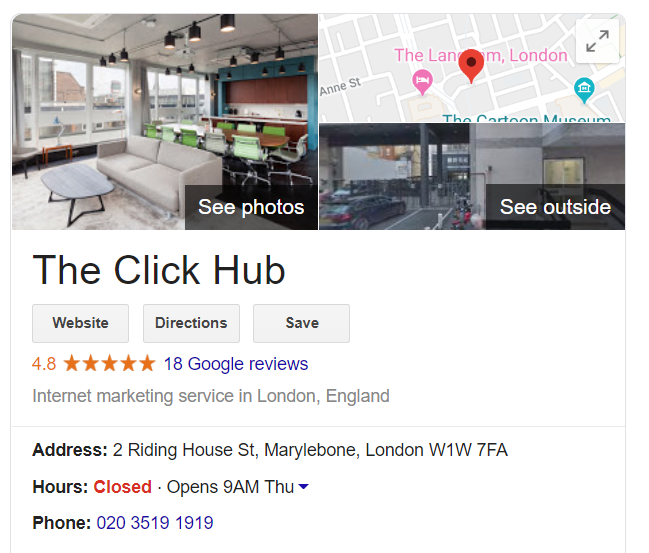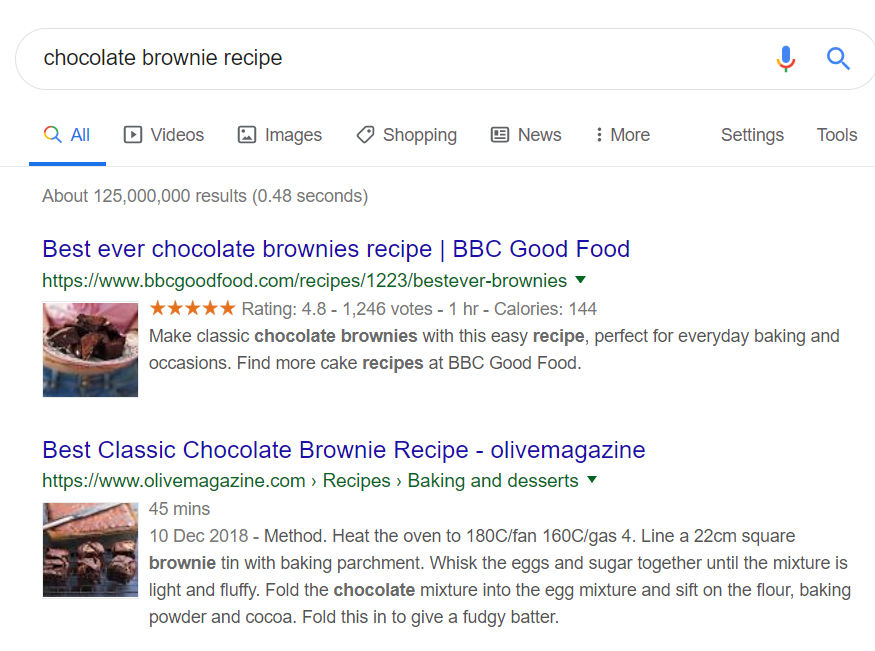Safeguarding Your Business: How to Optimise for Voice Search
27 June 2019
By Sophie Barber
As we move into the world of voice search and home assistants, you might feel that your business is being threatened. Where people would once be given pages of options by Google, they can now just get a single response from a robot.
However, optimising for voice search can be done and it isn’t really that different from optimising for desktop or mobile. We’ve outlined some of the key things to consider if you’re wondering how to optimise your website for voice search.
Update your business listings
The first thing that you need to focus on when it comes to voice search is your business listings. This is because people will tend to voice search things like ‘find the best fish and chips near me’. Voice search is becoming all about localisation and businesses which don’t have relevant information on the search engines will fade into the background.
This will primarily include updating your Google My Business profile, but some voice assistants, such as Alexa and Cortana, will automatically use Bing as their search engine so you should also take a look at Bing Places.

Example of a GMB profile which includes business name, address, a brief description, opening hours, contact number and, importantly, reviews!
Important information to have on your online business profiles includes a business address, contact number, opening hours and photos. You can also include commonly asked questions and links to your social media profiles.
Perhaps the most important feature of Google My Business or Bing Places is the reviews. Your voice assistant will search for highly-rated local businesses and those with a large volume of good reviews will come up tops. Encourage your customers to leave reviews wherever possible.
Use structured data
Structured data or schema markup is a type of code you can use on your website to tell search engines important details about your business – this is important when optimising for voice search. Structured data enables Google to display a ‘rich result’ or one that has additional information about your business.

Example of a rich search result for a recipe, including reviews, time to make and calories.
For local businesses, structured data will include stating the type of business, name, address, phone number, email, opening hours and a description. Just as with Google My Business listings, an important feature of the schema mark-up will be displaying reviews. Google will reward business websites with a high volume of good reviews, which will benefit you when people use voice search.
You can find Google’s schema mark-up assistant online and use the structured data testing tool to verify your code. If you get stuck, make sure you speak to someone who knows their stuff!
Write for people, not search engines
Writing primarily for your audience is something you should be doing anyway but it becomes even more important with the increasing popularity of voice search. Rather than typing in quick combinations of words that wouldn’t necessarily make sense in written or spoken language, people are asking their voice assistants questions.
And it’s your website’s job to answer them as best as you can. This will help you get chosen for voice search queries, as your web page or article will be seen as providing the best information for the user.
In terms of keywords, it’s all about choosing those long-tail search queries to optimise your website for. Increasingly, the search market is moving towards longer phrases so it’s important to take that into account when planning your content strategy.
For example, instead of typing in ‘coffee shop Exeter’, someone will ask their voice assistant ‘what is the best coffee shop in Exeter?’. Understanding this shift will be vital for informing the way you write.
Related article: What Is Voice Search: A Trick Or Treat?
Include an FAQ or insights section
On a related note, it’s important to make sure that you have a dedicated FAQ, insights or information section on your website. This gives you the opportunity to explore lots of consumer questions and position yourself as an authority. By creating a dedicated page for each question, you can begin to build a presence.
If you use voice search on your mobile, Google will choose the snippet of information that answers a query in a clear and concise way.
Therefore, if you’re able to answer highly specific commonly asked questions in your articles in a clear and concise paragraph, you may be chosen more often. And although users might not click through to your website with voice search, they will hear your brand name in the intro!
Focus on building your brand
It’s a competitive search market out there and, despite your very best efforts, you can still get lost among the results. This is why building your brand is essential when considering voice search. If people have already heard about you and your work, they may well search directly for your company.
You can do this by creating a strong social media presence and differentiating yourself from your competitors with unique imagery and compelling content. Position your company as the experts in your field and you’ll keep a captive audience.
There’s no set recipe for building a brand, but you need to understand your competitors, look for gaps in the market and think about ‘why’ your business exists in the first place. This will help you create a strong message that will resonate with your audience and help you safeguard against voice search.
If you need help with optimising your local business for voice search, drop us a line and see how we can help you.